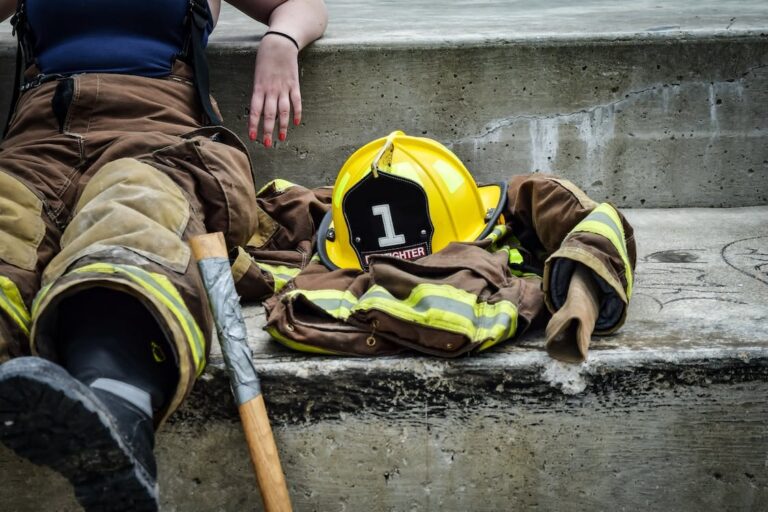Firefighters confront life-threatening situations on a regular basis to protect their communities. The nature of the job of a firefighter, however, often takes a toll on their mental health. As John Rose Oak Bluff mentions, accumulated stress in firefighters is a huge concern, which can impact both their personal and professional lives. Firefighters face life-and-death situations on a regular basis, leading to repeated exposure to traumatic events. The constant exposure to danger may lead to chronic stress, which is a precursor to PTSD.
John Rose Oak Bluff talks about certain symptoms of PTSD that firefighters may experience
Post-Traumatic Stress Disorder (PTSD) is a severe mental health condition that usually develops subsequent to the exposure to traumatic events. Firefighters are known to be especially susceptible to developing PTSD as they tend to be the first responders to any emergency situation. Witnessing traumatic incidents like severe fatalities, accidents or large-scale disasters is a regular part of the job for a firefighter. The exposure stress from such experiences may accumulate over time, and lead to the development of PTSD.
Recognizing the warning signs of PTSD is important for fire departments to protect their peers and teams.
Here are a few warning signs to watch out for:
- Intrusive memories: People suffering from PTSD may relive traumatic events through vivid memories, flashbacks, or nightmares. A firefighter, for instance, might relive a traumatic rescue scenario or a fire incident repeatedly, which would invariably cause them significant mental and emotional distress.
- Avoidance behaviors: People with PTSD mat avoid reminders and feelings associated with their trauma. This can include avoiding certain types of emergency calls or specific locations where traumatic incidents occurred. They may even colleagues that were involved in the same event. Avoidance behaviors may interfere with the work duties and social interactions of a firefighter.
- Hyper-arousal and Hyper-vigilance: Hyper-arousal is characterized by increased levels of anxiety, irritability, and difficulty sleeping. Firefighters with PTSD might constantly be on edge, easily startled, as well as have exaggerated responses to perceived threats. Hyper-vigilance implies to a state of heightened alertness where individuals are excessively watchful and vigilant for potential dangers. Such symptoms can lead to exhaustion, poor concentration, and irritability, and interfere with the work of a firefighter.
- Negative changes in mood and thought: PTSD is often accompanied by mood disorders, depression and anxiety. People with PTSD may display symptoms like feelings of detachment and guilt, distorted beliefs about oneself, and a lack of interest in previously enjoyed activities.
As John Rose Oak Bluff says, if firefighters notice any of their peers displaying the signs discussed above, it would be a good idea to recommend them to visit a qualified mental health expert. It is also vital to create a culture of openness and honesty at a fire station, and have a proactive plan for dealing with PTSD. Removing the stigma surrounding firefighter mental health is among the most effective ways to minimize PTSD in firefighters. This can be done by fire departments by encouraging open dialogue regarding mental health and accumulated stress disorders.

